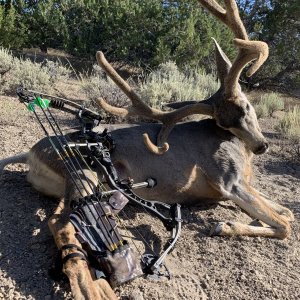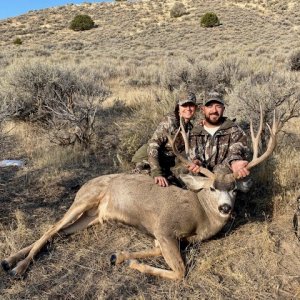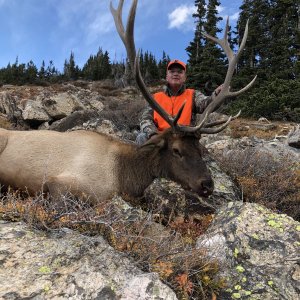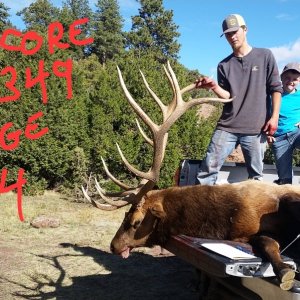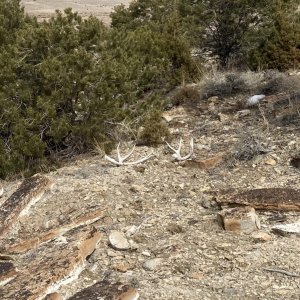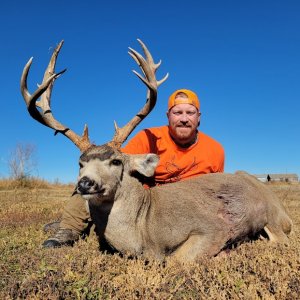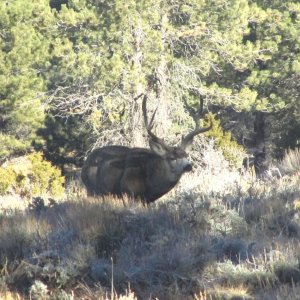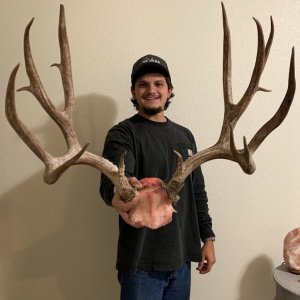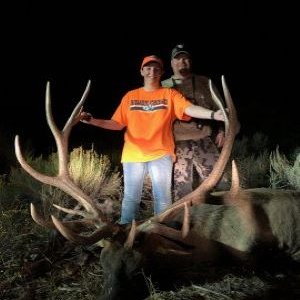N
Nontypical1
Guest
I'll preface this w/ the following, I'd like to get a big ram, bull, or buck as much as anyone here
but... there's a paper that was recently published in the scientific journal Nature indicating that hunting for big rams has caused their genes to be depleted from a population in Alberta
this suggests that some wildlife management practices need to change to preserve the genetics that leads to big rams... some of us may need to settle for that 1/2 or 3/4 curl for the good of the sheep our grandchildren hunt, especially in small and visible herds
I hope you can access this if interested, I'm not sure if the Nature site requires a subscription, it may require accessing from a University library or somesuch.
good hunting,
Nt
http://www.nature.com/cgi-taf/DynaPage.taf?file=/nature/journal/v426/n6967/index.html
http://www.nature.com/cgi-taf/DynaPage.taf?file=/nature/journal/v426/n6967/full/426595a_fs.html
http://www.nature.com/cgi-taf/DynaPage.taf?file=/nature/journal/v426/n6967/full/nature02177_fs.html
but... there's a paper that was recently published in the scientific journal Nature indicating that hunting for big rams has caused their genes to be depleted from a population in Alberta
this suggests that some wildlife management practices need to change to preserve the genetics that leads to big rams... some of us may need to settle for that 1/2 or 3/4 curl for the good of the sheep our grandchildren hunt, especially in small and visible herds
I hope you can access this if interested, I'm not sure if the Nature site requires a subscription, it may require accessing from a University library or somesuch.
good hunting,
Nt
http://www.nature.com/cgi-taf/DynaPage.taf?file=/nature/journal/v426/n6967/index.html
http://www.nature.com/cgi-taf/DynaPage.taf?file=/nature/journal/v426/n6967/full/426595a_fs.html
http://www.nature.com/cgi-taf/DynaPage.taf?file=/nature/journal/v426/n6967/full/nature02177_fs.html

